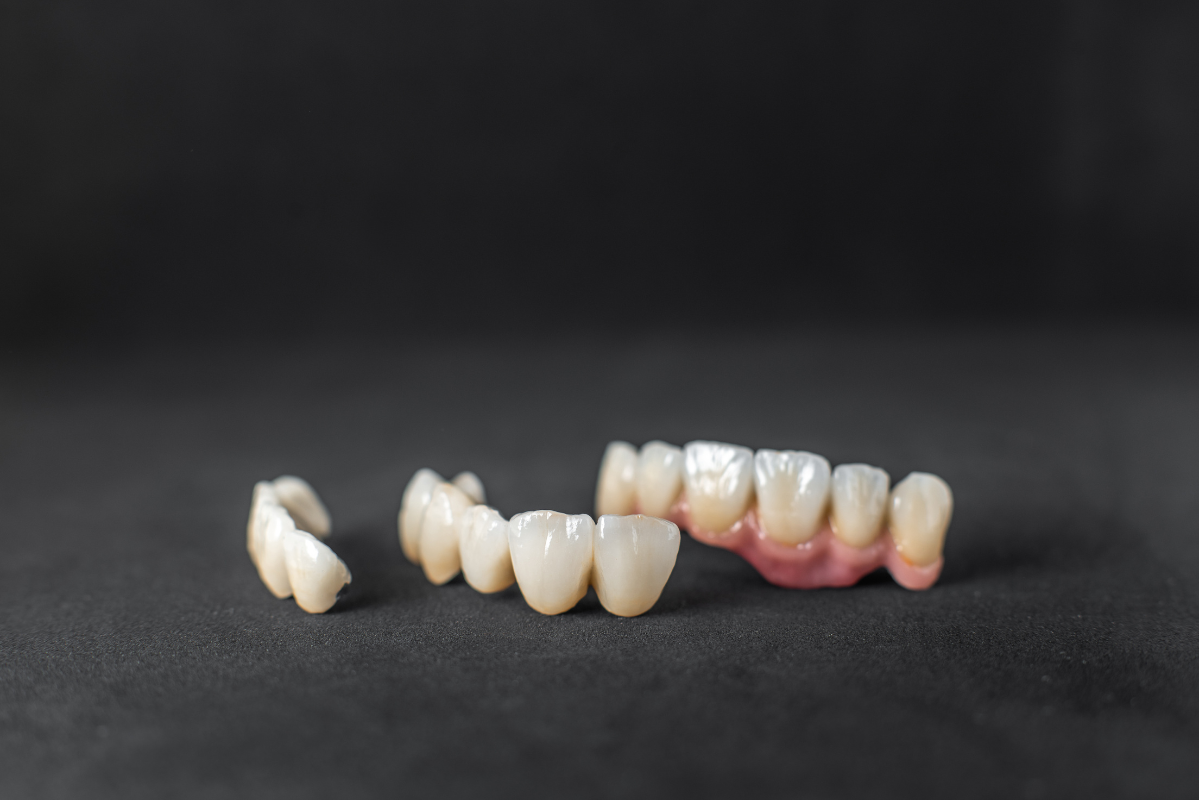
When Should You Replace Your Night Guard?
January 25, 2024
Night Guard
Enhance your oral health by considering an upgrade to a new custom-fitted night guard. While any mouthguard might seem suitable for protecting your smile, investing in a custom-fitted device is crucial for optimal dental health. This blog is dedicated to answering the pivotal question of when to replace your night guard and offers insights into selecting the right one for your specific needs.
The Impact of Bruxism on Dental Health:
Bruxism, characterized by teeth clenching or grinding, particularly during sleep, can lead to various dental issues, including increased decay risk and enamel erosion due to constant tooth contact and grinding motion. The primary treatment for bruxism is a custom night guard, serving as a protective barrier between the upper and lower jaw to reduce tooth damage.
Replace Your Night Guard:
Dentists generally recommend replacing custom night guards every 1-2 years, depending on usage frequency. However, signs indicating the need for a replacement may emerge sooner if you observe changes in fit, shape, significant discoloration, or cracking. Increased discomfort during usage is another signal that it might be time for a new night guard.
Selecting the Right Night Guard:
Choosing the right night guard is crucial for preserving dental health. Consider the material type that best suits your needs, such as boil-and-bite guards known for comfort and flexibility. Ensure the night guard fits easily into your mouth, providing enough space to prevent discomfort or teeth rubbing against each other. Follow your dentist’s recommendations for replacement, as an outgrown or worn-down guard can lead to jaw pain and misalignment.
Night Guard Maintenance Tips:
Proper care is essential to prolong the lifespan of your custom night guard. When not in use, store it in its protective case to prevent damage from other items.
Storage in Protective Case:
Ensure your custom night guard is stored in its designated protective case when not in use. This prevents potential damage from other items in your bathroom cabinet or drawer, preserving the guard’s structure and integrity.
Regular Cleaning Routine:
Establish a routine for regular cleaning using warm water. This simple practice helps eliminate bacteria buildup that may accumulate on the surface of the night guard over time. A clean guard not only ensures optimal hygiene but also contributes to its longevity.
Avoid Exposure to Extreme Temperatures:
Protect your night guard from extreme temperatures, as exposure to heat or cold could impact its material composition. Avoid leaving it in direct sunlight or near sources of heat, as well as refrain from placing it in the freezer. Such precautions will help maintain the night guard’s shape and effectiveness.
Inspect for Signs of Wear:
Periodically inspect your night guard for any signs of wear and tear. Check for changes in fit, cracks, or discoloration. If you notice any of these signs, it may be an indication that a replacement is needed. Early detection allows for timely intervention and ensures continued protection against bruxism-related damage.
Regular Dental Check-ups:
Include your night guard in discussions during your regular dental check-ups. Your dentist can provide valuable insights into its condition and offer guidance on maintenance. If adjustments or replacements are necessary, dental professionals can address them promptly, contributing to the overall effectiveness of the night guard.
Conclusion:
Regularly replacing your custom night guard is crucial for sustained effectiveness in protecting against bruxism-related damage during sleep. Watch for signs indicating replacement, such as changes in fit, discoloration, or cracking. Proper care, including storing in its case and regular cleaning, contributes to the guard’s longevity. For any questions about usage or maintenance, consult your dentist to ensure up-to-date dental care. To prioritize your dental health, visit our dental office, Dawson Modern Dentistry – Matthews.
More Blog Posts
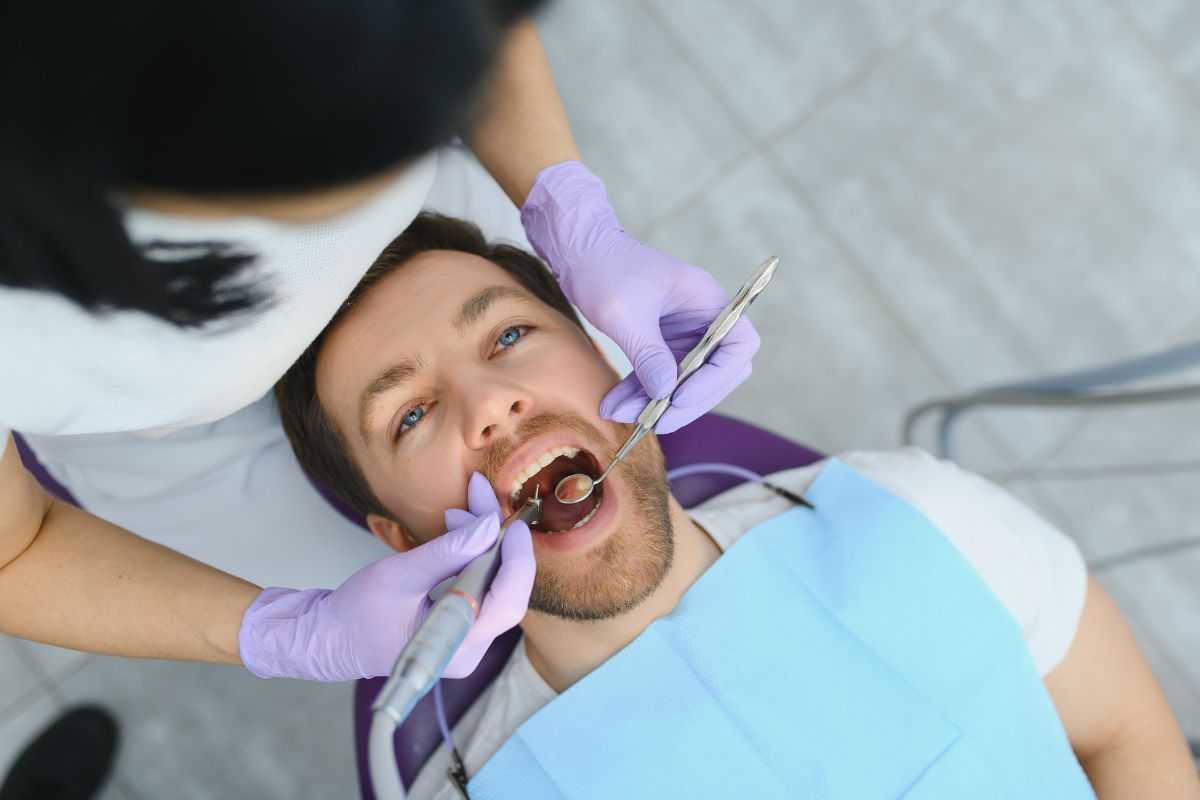
Composite vs. Amalgam Fillings: Which Is Better for Your Smile?
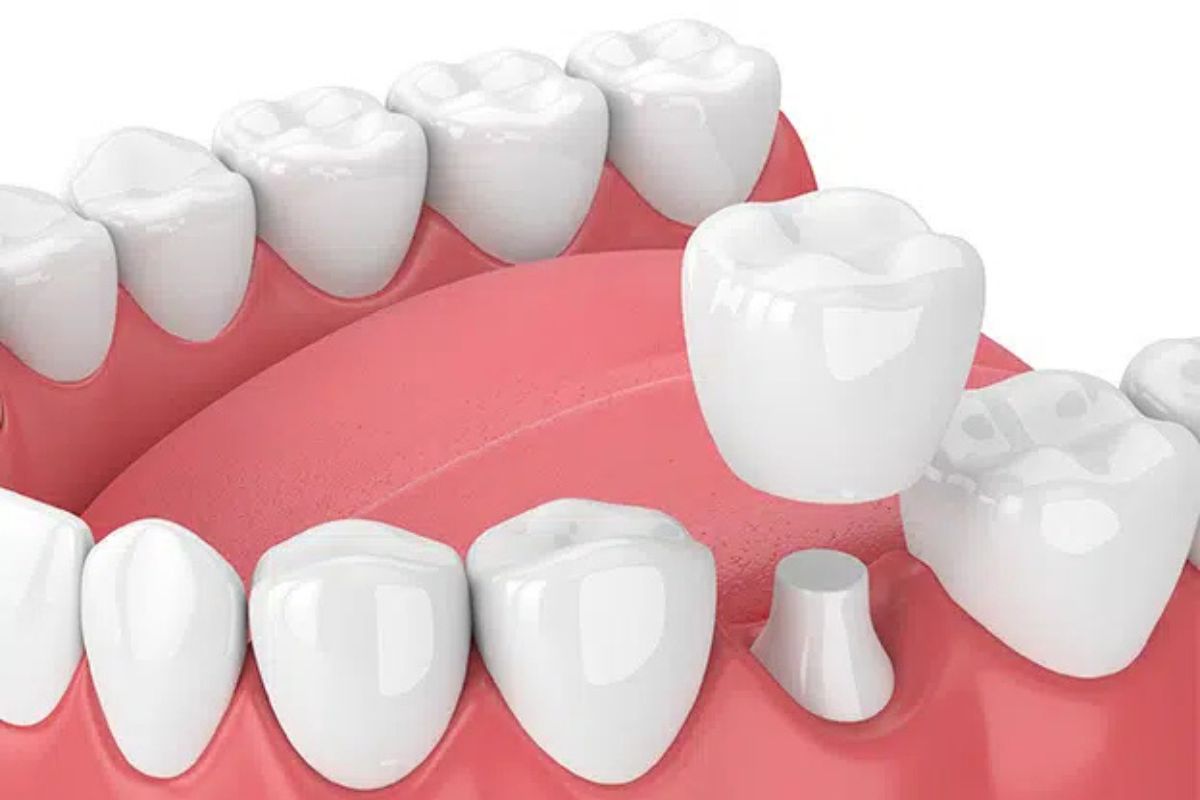
How to Know When Your Dental Crown Needs Replacement
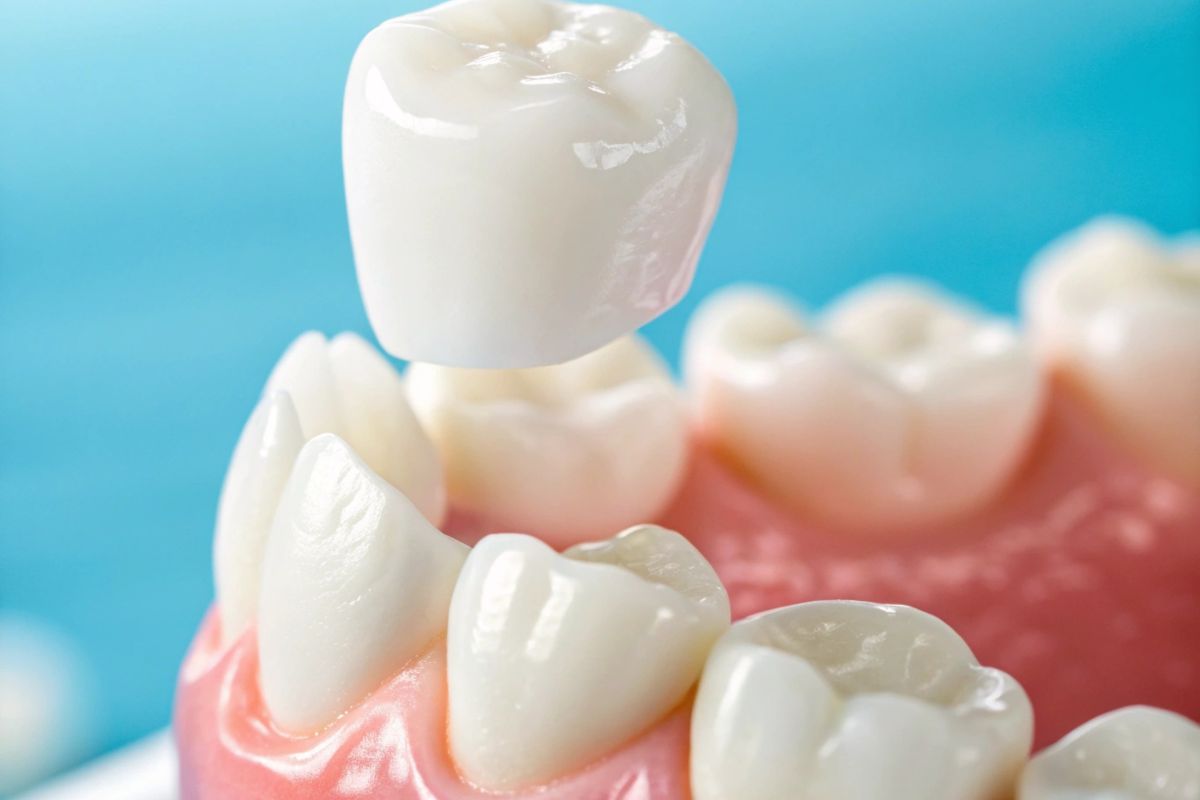
Dental Crown Problems & How to Fix Them
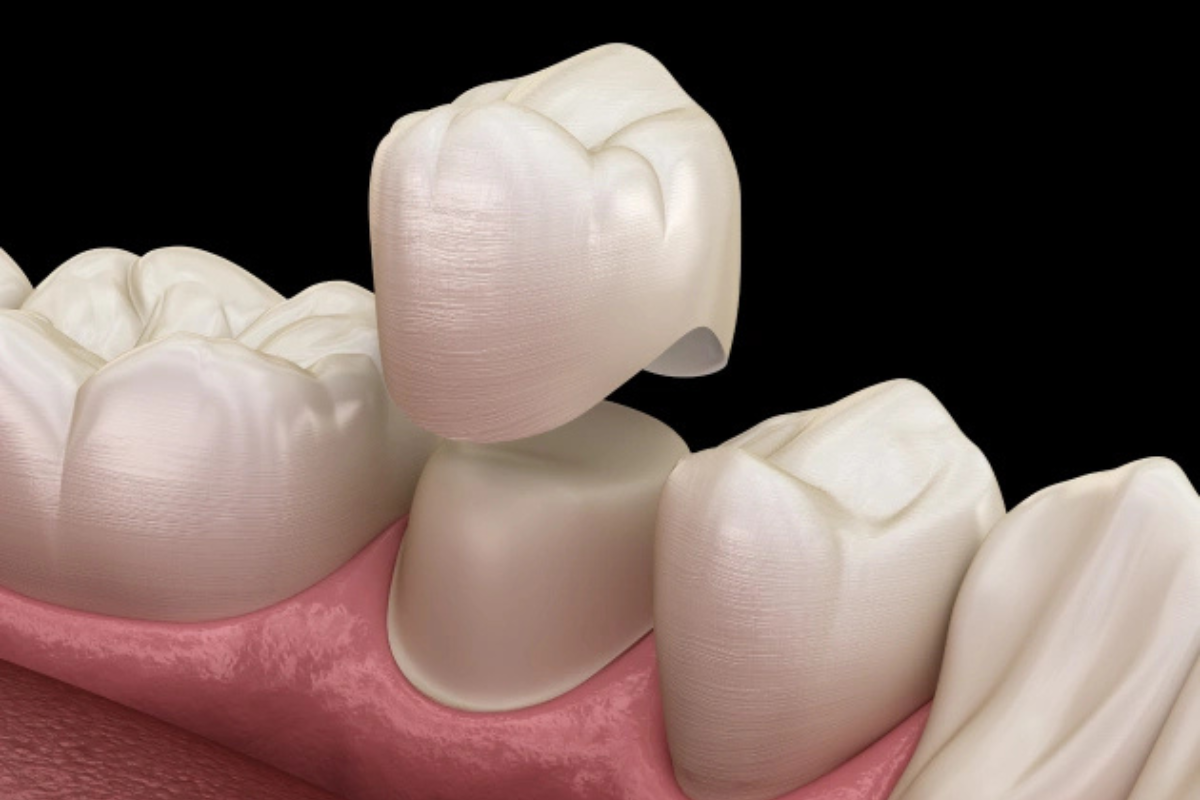
Caring for Your Dental Crowns: Do’s and Don’ts
